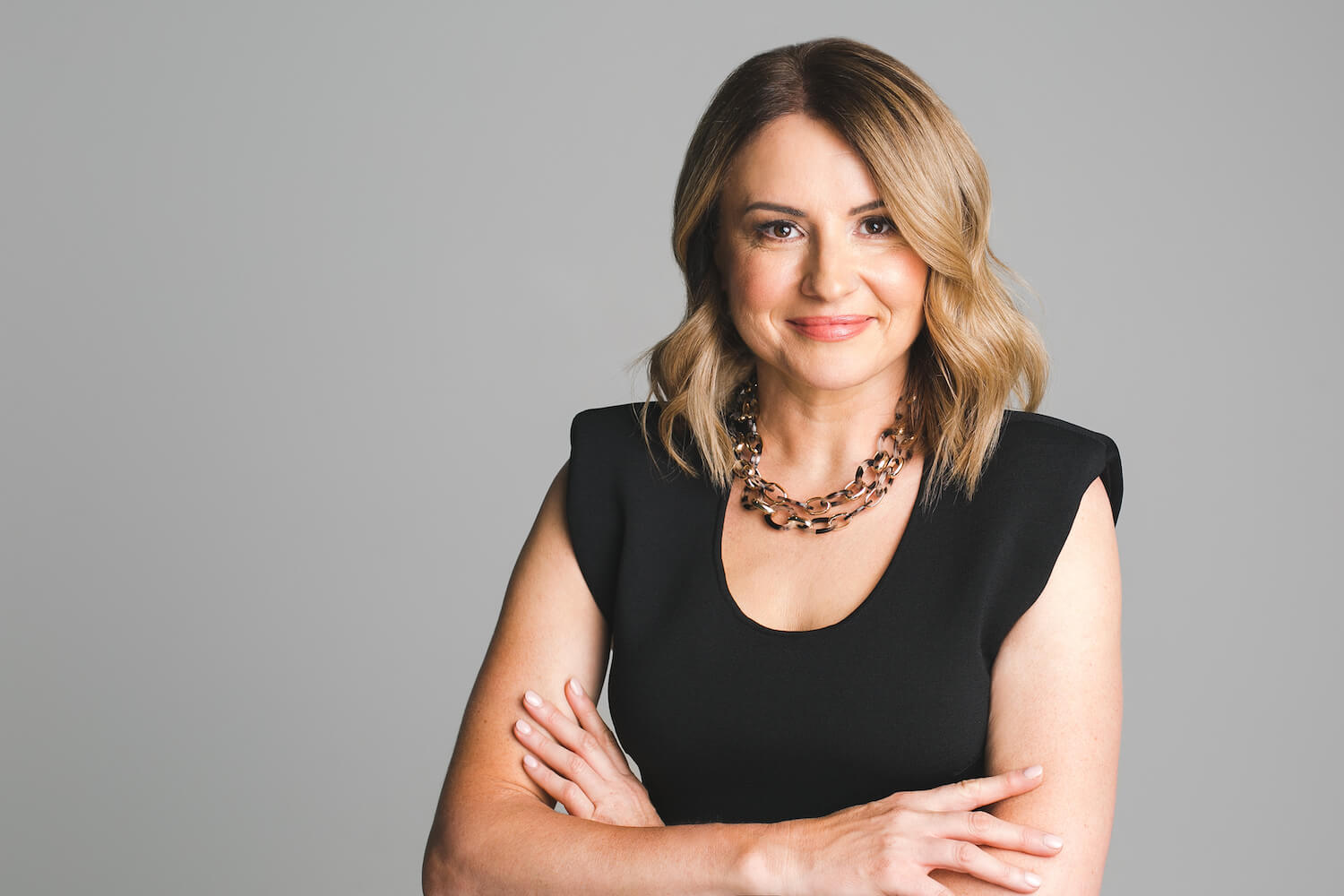Imagine this:
Sara, a CEO, finds herself caught in the whirlwind of managing a high-stakes career during an economic downturn and balancing a bustling home life with three children and two pets, one of which is ageing and recently started suffering from incontinence.
After long days at work, Sara returns home only to embark on another exhausting task—hunting for ‘accidents’ around the house, adding to her already full plate of after-work responsibilities. Despite loving her job, Sara confesses that the ceaseless demands of work and home have started to blur the days into a relentless march of commitments and responsibilities. Evenings have become mere intervals to collapse in front of the TV; weekends, a time to recuperate from exhaustion rather than rejuvenate.
The erosion of purposeful leisure
This conversation with Sara opened my eyes even wider to a reality many leaders face—a reality that even Aristotle, an ancient philosopher, spoke about with profound insight. In his teachings, captured brilliantly in Edith Hall’s Aristotle’s Way (highly recommended, by the way), he proposed an idea that seems more relevant now than ever: the true quality of our lives is not dictated by our professional success, but by how we engage in leisure.
Aristotle wasn’t talking about leisure as we often view it today—passive, perhaps even mindless relaxation. He championed leisure that nourishes the soul, activities that allow personal growth and realignment with our deepest values.
In Sparta, Aristotle noted, citizens trained solely for war and were left bereft of happiness in times of peace because they never learned to value or cultivate meaningful leisure.
Today, many of us fall into a similar trap, toggling between high-intensity work and low-effort downtime, losing sight of activities that truly restore and fulfil us.
The erosion of purposeful leisure among modern executives is stark. Our downtime often resembles not a true break but merely an escape from the grind, which, paradoxically, leaves us even more drained.
For some individuals, their genetic makeup complicates this cycle even further. Higher natural levels of cortisol and adrenaline make it difficult for them to unwind, often leading to overindulgence in alcohol or sugary foods as a coping mechanism. However, understanding that wellbeing transcends the mere absence of illness—and that leisure involves more than just avoiding work—can help us break free from these patterns, regardless of our predispositions.
The power of intentional leisure
True leisure—purposeful and enriching—can break this cycle. It involves embracing activities that reconnect us to our essence, that remind us of who we are beyond our roles and responsibilities. Here are just a handful of activities I’ve been engaging with:
- Journaling and Self-Reflection:Each night at bedtime, I take time for personal reflection. Some nights I can spend 20 minutes on this practice, while other days it’s just a 2-minute check-in with myself after the lights are out. This simple practice helps me pinpoint what truly matters and assess my daily needs. Often, there’s no immediate solution to my feelings or needs, but just checking in provides a comforting sense of ‘I’ve got this; it’s okay.’
- Spiritual Practices:As someone who is not religious, I find my connection to a higher source through nature. Walking my dog twice daily has evolved into a deeply spiritual practice where I immerse myself in the beauty of the landscape around me.
- Community Engagement:Last year, my son, an avid knitter, started knitting blankets for a shelter. He taught me to knit a simple pattern, and this year I’m helping him create 20cm squares that we stitch into blankets. This activity takes just 15 minutes a week, but it’s a bonding experience with my son and gives meaning and purpose to our downtime. There are many volunteer outreach programs that require as little as one hour per month, offering a similar sense of fulfillment.
- Acts of Kindness:Sometimes, a simple, intentional gesture of kindness—like sending a thoughtful message to a friend or including a line of heartfelt gratitude in an email—can have a profound impact on others and enrich our own lives.
As leaders, it’s crucial to recognise that how we spend our leisure time can define our success just as much as our professional achievements.
As professional, personal and environmental challenges build, now more than ever it is important to reclaim your leisure time with intent. Your life is precious. Don’t let it slip away in a never ending cycle of work/sleep/work. Make it count, make it meaningful.
